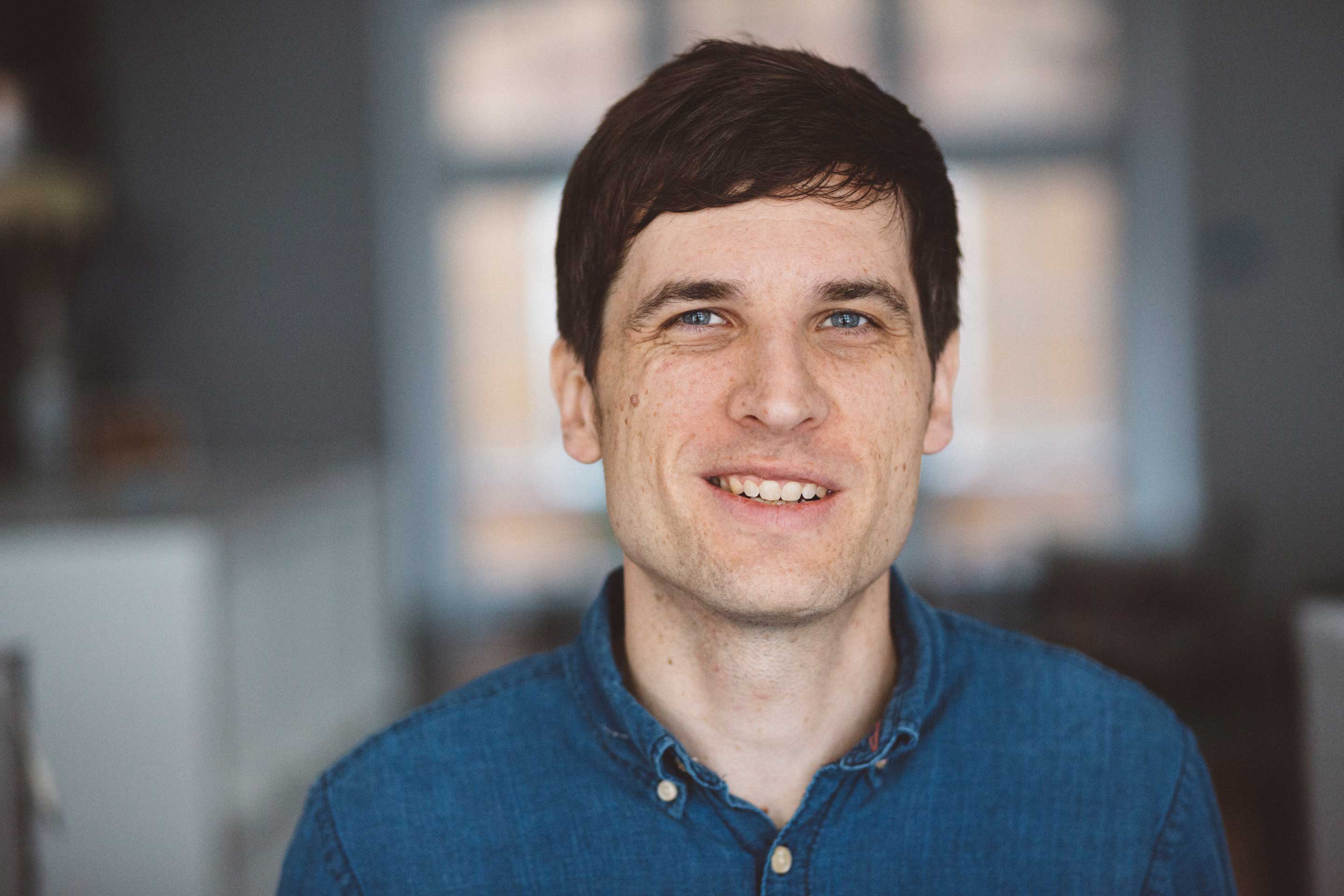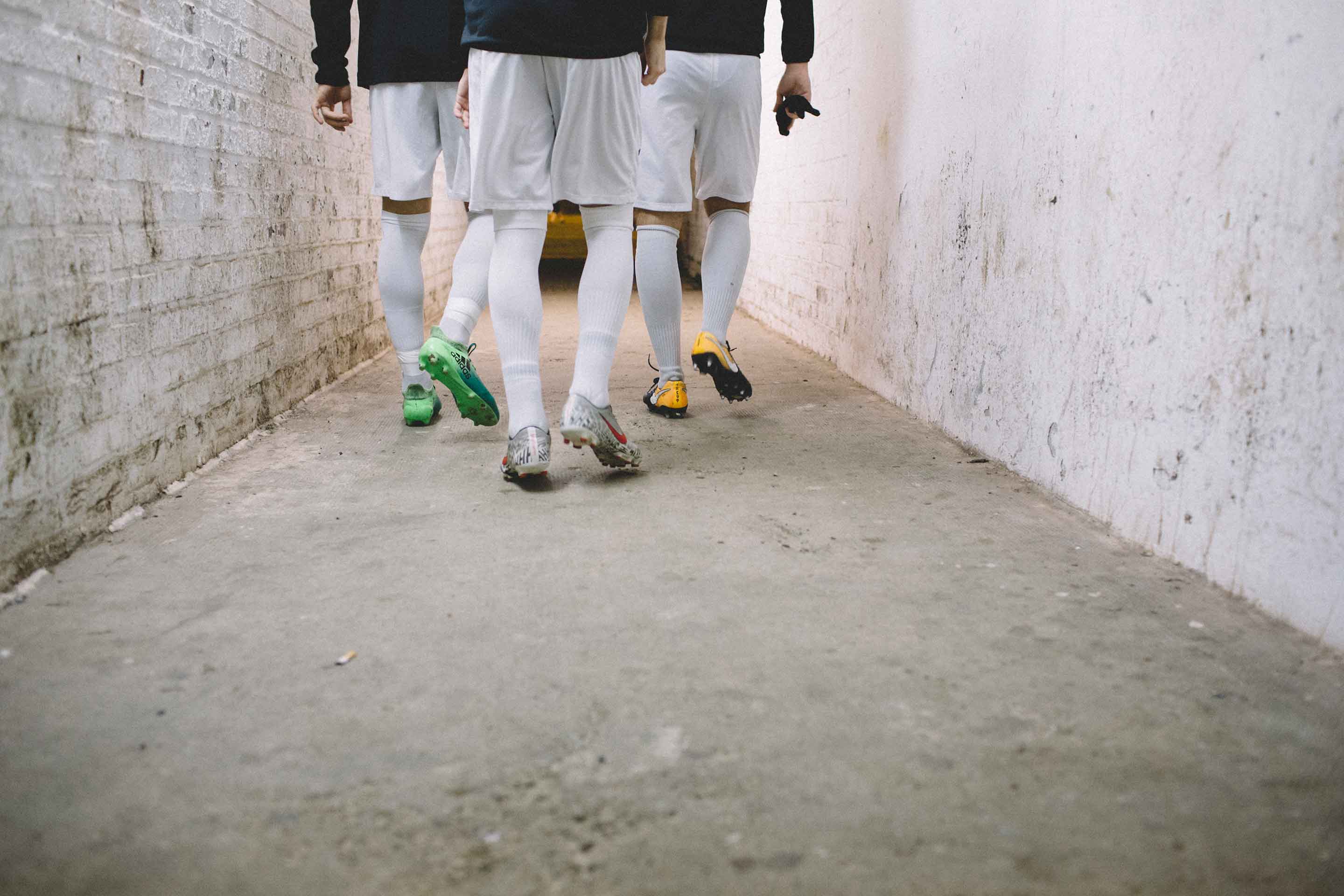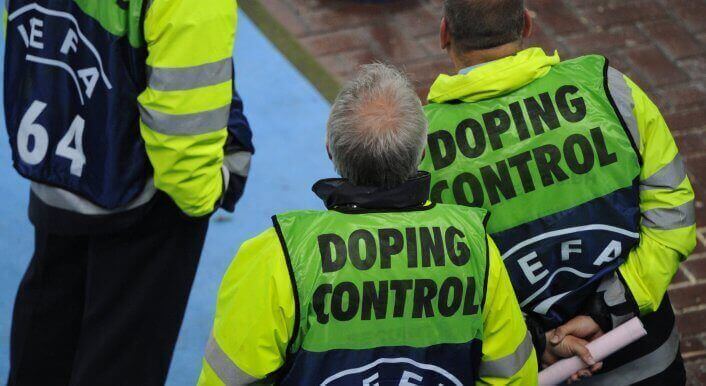Profil

Jonathan Sachse
Leiter CORRECTIV.Lokal
Follow me:
Mastodon/ Threads/ BSky: @jsachse – Instagram: @jonathansachse
Sein Fokus liegt auf investigativen Recherchen. Oftmals behandeln diese strukturelle Missstände, die lokal und national relevant sind und meist durch eine Analyse von großen Datenpaketen sichtbar werden. Zu seinen Kernthemen zählen Recherchen im Lokalen, ganz grundsätzlich die Themen Machtmissbrauch und Angriffe auf die Demokratie sowie Missstände im Sport.
Jonathan Sachse ist Gründungsmitglied von CORRECTIV. Er arbeitet seit 2014 für das gemeinnützige Recherchezentrum als Reporter. Im Jahr 2020 übernahm er die Leitung von CORRECTIV.Lokal, einem Netzwerk für Recherchen im Lokaljournalismus mit weit mehr als 1.700 Mitgliedern. Als Reporter liebt er es, mit möglichst unterschiedlichen Methoden zu Missständen in unserer Gesellschaft zu recherchieren und arbeitet dabei gerne in Teams. Gemeinsam mit Kollegen baute er die erste Version des CrowdNewsroom auf. Eine digitale Plattform, die journalistische Recherchen zu gesellschaftlichen Missständen ermöglicht, an denen sich viele Menschen beteiligen können.
In den vergangenen Jahren recherchierte er zu den unterschiedlichsten Themen: Zu Spendengerichten und der finanziellen Notlage von Sparkassen, einem Krankenhaus-Raub, zu Missständen in der Diakonie, der Entstehung eines umstrittenen Gesetzes, dubiosen Eigentümern am Wohnungsmarkt in Hamburg und im Saarland, Schmerzmittelmissbrauch und Doping im Fußball, intransparente Spenden an Parteien, einer anonym finanzierten Plakatkampagne für die AfD, der Maschine des Online-Giganten Amazon. Er berichtete über Verleger, die Berichterstattung im Lokaljournalismus beeinflussen und er war in verschiedenen Phasen an der Geheimplan-Berichterstattung beteiligt, die zahlreiche Folgen auslöste.
Für die von Jonathan Sachse geleitete Bürgerrecherche zu den Sparkassen gewann CORRECTIV 2016 den Reporterpreis in der Kategorie „Innovation“. Im Jahr 2019 wurde der Grimme Online Award an CORRECTIV für die Immobilienrecherche „Wem gehört Hamburg?“ vergeben, an der Jonathan mitarbeitete. Im Jahr 2020 wählte ihn eine Jury des Medium Magazin zu den „Journalistinnen und Journalisten des Jahres“. 2022 erhielt das von ihm geleitete Projekt CORRECTIV.Lokal den Grimme Online Award. Das CORRECTIV.Lokal Team wurde 2023 für verschiedene Recherchen mit Reporterpreis und Grimme Online Award ausgezeichnet.
Vor seiner Zeit bei CORRECTIV arbeitete Jonathan als freier Journalist, unter anderem für Zeit Online, Spiegel Online und Deutschlandfunk sowie in einer Kommunikationsagentur.
Sie können Jonathan jederzeit per E-Mail erreichen (siehe unten). Wenn Sie einen sicheren Kommunikationsweg bevorzugen, finden Sie auf Keybase seinen PGP-Schlüssel oder Sie schreiben ihm im Messenger Threema (S63CK66M) oder auf Signal. Per Post erreichen Sie ihn unter: CORRECTIV z. Hd. Jonathan Sachse/ Singerstr. 109/ 10179 Berlin
E-Mail: jonathan.sachse(at)correctiv.org













